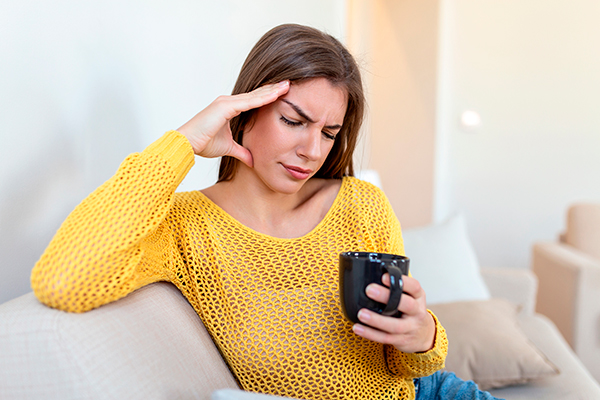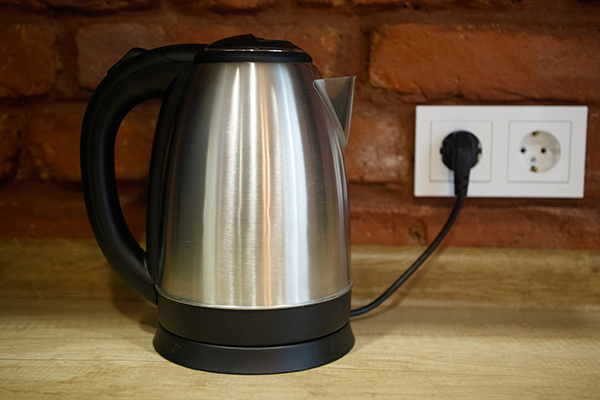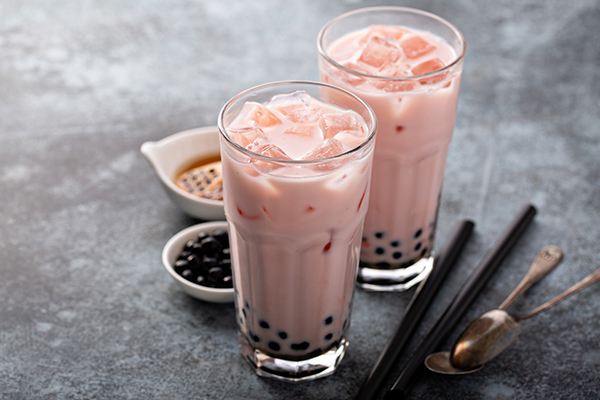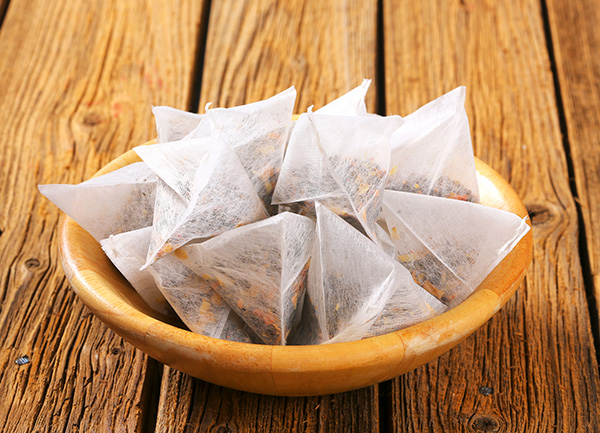9 Reasons Why Your Tea Tastes Bad and How to Fix It
There’s nothing quite as soothing and comforting as a hot cup of tea, especially when it’s just right. However, sometimes your tea might not taste as good as you expect it to.
In this article, we’ll explore nine common reasons why your tea tastes bad and provide solutions to help you perfect your cuppa.

Why Does My Tea Taste Bad?
There are many reasons why your tea can taste bad.
Incorrect Water Temperature
The water temperature plays a crucial role in the brewing process. Using the wrong temperature can result in a bitter or weak-tasting tea.
Here’s a list of recommended water temperatures for different types of tea:
- Green tea: 160-175°F (70-80°C)
- White tea: 175-185°F (80-85°C)
- Oolong tea: 185-205°F (85-96°C)
- Black tea: 200-212°F (93-100°C)
- Herbal tea: 212°F (100°C)
Invest in a thermometer to accurately measure water temperature, or simply wait for your kettle to cool down before pouring over delicate tea leaves.
Over-Steeping or Under-Steeping
Steeping time also affects the flavor of your tea. Over-steeping can lead to a bitter taste while under-steeping results in a weak, insipid brew.
Here are the recommended steeping times for different types of tea:
- Green tea: 2-3 minutes
- White tea: 2-5 minutes
- Oolong tea: 3-5 minutes
- Black tea: 3-5 minutes
- Herbal tea: 5-7 minutes
Use a timer to ensure consistent steeping times, and be prepared to adjust these guidelines to suit your personal taste preferences.
Incorrect Tea-To-Water Ratio
Using too much or too little tea can affect the taste of your brew.
A general guideline is to use one teaspoon of loose-leaf tea per 8 ounces of water. However, this can vary depending on the type of tea and your personal preferences.
Experiment with different ratios to find the perfect balance for your taste buds.
Type of Tea
Different types of tea have distinct flavor profiles, and some may naturally taste more bitter or astringent than others.
Green tea, for example, can have a slightly bitter taste if brewed correctly.
Familiarize yourself with the flavor characteristics of different tea varieties and try different types to find the ones you enjoy the most.
If you’re just beginning to explore the world of tea, or if you’re someone who hasn’t yet found a tea they enjoy, consider trying these options.
Poor Quality Tea
The quality of your tea leaves significantly impacts the taste of your brew.
Low-quality teas can taste stale or bland.
Invest in high-quality tea from reputable sources, and remember that good tea doesn’t always have to be expensive.
Poor Water Quality
The quality of the water you use to brew your tea can affect its taste.
Tap water containing chlorine or high levels of minerals can result in an off-tasting tea.
Use filtered or bottled water for a better-tasting brew.
Dirty Teaware
Residue from previous brews or other contaminants can affect the taste of your tea.
Ensure your teapot, cups, and infusers are clean before brewing. Regularly wash and rinse your teaware to prevent buildup and lingering odors.
Stale Tea
Tea can become stale or lose its flavor over time, especially if it’s not stored properly.
Keep your tea in a cool, dry place, away from direct sunlight and strong odors.
Additionally, check for signs of mold on your tea leaves or bags, as this can also affect the taste.
Contamination
Tea can absorb flavors from its surroundings.
Ensure your tea is stored in airtight containers and kept away from strong-smelling foods or household items.
If your tea has been contaminated by other odors, it’s best to discard it and start with a fresh batch.
Final Thoughts
Achieving the perfect cup of tea may require some trial and error, but by paying attention to water temperature, steeping time, tea-to-water ratio, and the quality of your ingredients, you’ll be well on your way to a delicious brew.
Don’t be afraid to experiment and adjust the variables to suit your personal taste preferences.
Happy brewing!
FAQ
Why Does My Tea Taste Funny?
There could be several reasons for this, including incorrect water temperature, steeping time, poor-quality tea or water, dirty teaware, or contamination.
Review the tips provided in this article to pinpoint and address the cause of the off-taste.
Why Does My Tea Taste Like Water?
If your tea tastes like water, it’s likely due to under-steeping, using too little tea, or poor-quality tea leaves.
Try increasing the steeping time or using more tea leaves to remedy this.
Make sure you’re using high-quality tea for the best flavor.





